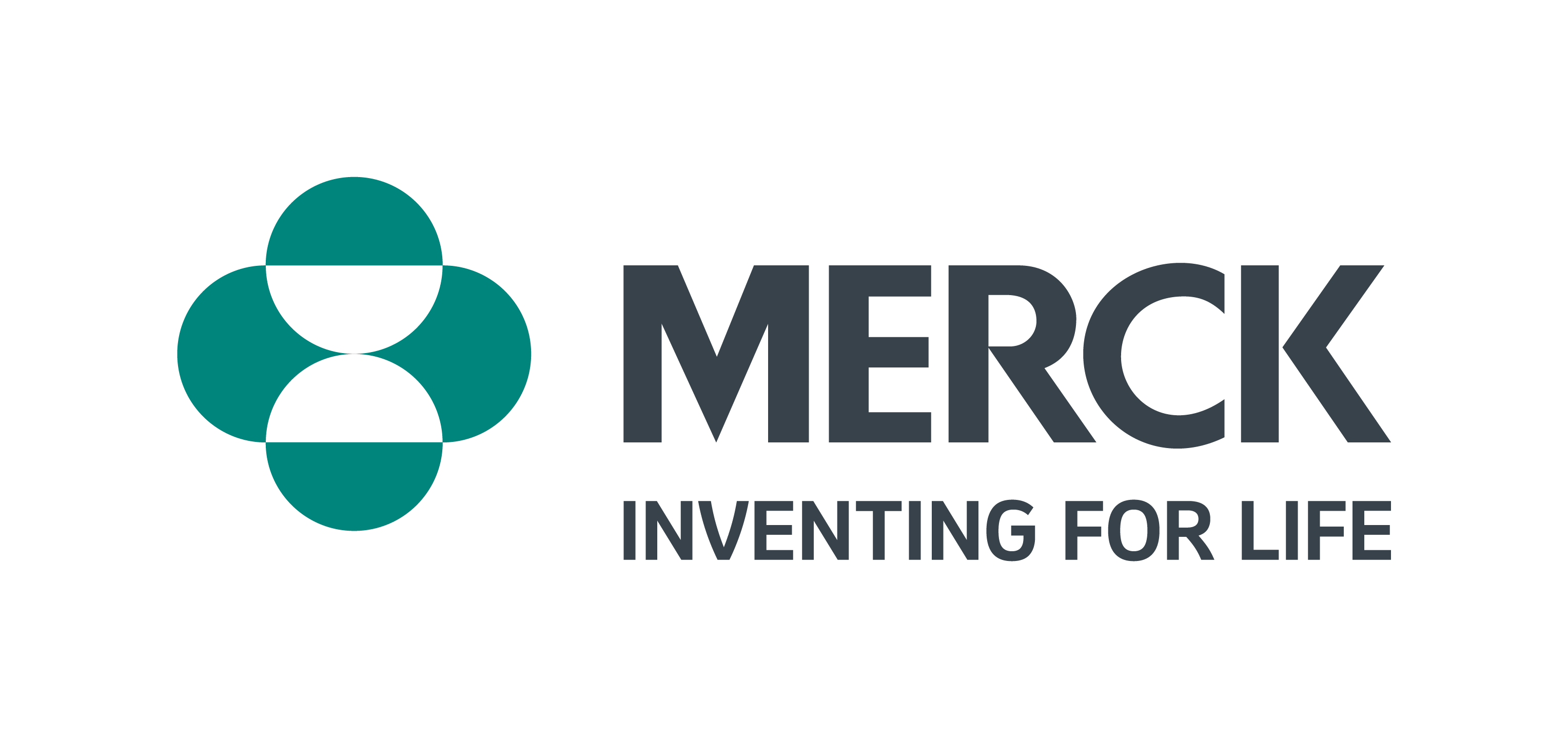Out of the Shadows: Shining a Light on Maternal Mental Health

This article was originally published on Mindr
by Dr. Mary-Ann Etiebet, Executive Director, Merck for Mothers
In the year or so since ProPublica and NPR published their first article in the “Lost Mothers” series, close to 5,000 Americans have come forward with accounts of how a loved one had died – or they themselves had nearly died – during pregnancy or childbirth.
That investigation and the many other news headlines we’ve seen in recent months about the widening disparities in maternal health outcomes have helped bring some much-needed attention to a highly complex issue – one that claimed roughly 303,000 lives around the world in 2015.
We need to keep digging. There is still so much that we don’t understand about why 700 to 900 women die from maternal health complications every year in this country alone, while another 65,000 come so dangerously close. And we still don’t know nearly enough about what needs to be done differently to prevent these deaths and near misses.
But we are learning. Earlier this year, a working group called “Building U.S. Capacity to Review and Prevent Maternal Deaths,” published a groundbreaking report based on research funded by Merck for Mothers that examined data from maternal mortality reviews conducted in nine states: Colorado, Delaware, Georgia, Hawaii, Illinois, North Carolina, Ohio, South Carolina and Utah. The report found that more than 60% of maternal deaths are preventable.
That report also provided some critical insight into an issue that is only just beginning to enter into the discussion: maternal mental health. In one of its key findings, the report identified mental health conditions as a leading underlying cause of 7% of pregnancy-related deaths in the U.S. For non-Hispanic white women, it was the leading cause in over 1 in 10 such deaths.
These findings should go a long way toward pulling the issue of maternal mental health out of the shadows, and to dispel some of the fear, shame and stigma associated with it. Many women struggle with depression, anxiety and other mental health conditions during and after pregnancy. With treatment, these women can recover. And yet glaring gaps remain, system failures that prevent women from getting the diagnosis, care and support they need – failures to detect, communicate and intervene, at the right times or in the right ways.
In identifying some of these gaps, that working group’s report points to several opportunities where care quality, delivery and access can be improved to avoid a tragedy. Recommendations include integrating behavioral health care services with primary care, antenatal care, obstetric and gynecological care, and even pediatric care, and enhancing the role of community health workers in early detection, referral and follow up for maternal mental health. The relative complexity of many cases calls for multidisciplinary team-based approaches, both in the hospital and out. As one California task force put it, there should be “no wrong door” for women seeking support.
In the U.K., a number of process improvements have already been implemented, leading to a sharp decline in the maternal suicide rate, and there are national guidelines for identifying and managing perinatal depression and psychosis. A recent study involving 545 women in London demonstrated how important it was for health workers to ask patients about their emotional wellbeing – not just once or twice, but at all points of contact during pregnancy and after the baby comes.
In the U.S., the release of a maternal mental health bundle of best practices by the U.S. Council on Patient Safety should help move things in the right direction. New York City’s Maternal Depression Quality Collaborative offers another great model, with its emphasis on routine mental health screenings for expectant and postpartum mothers, and better linkages to services.
Organizations like the Maternity Care Coalition (MCC) in Philadelphia are already embracing this holistic approach. I saw this first hand during a recent home visit with one of their clients, a mother enrolled in MCC’s Safe Start program. She shared some of her struggles to find vital care and support for herself and her children. She described her history of trauma and battles with depression – all clearly important considerations for the advocate who is now working to connect her with the services she needs. MCC has partnered with an insurer/service provider called Community Behavioral Health and other organizations – including physical health insurers, prenatal care providers and housing support – to ensure that pregnant women with these and other risk factors are getting the necessary help for their own health and the healthy development of their babies.
We are still figuring out the extent to which social determinants of health impact maternal mortality trends. But with mental health-related maternal deaths, we do see a number of emerging themes: lack of adherence to medications or treatment plans; violent and abusive relationships; unstable housing; substance use; absence of social support systems. In order to develop effective solutions, we need to bring that picture into sharper focus, with better data from across the U.S., beginning with comprehensive maternal mortality reviews in all 50 states. We must continue to build our knowledge base to ensure that all issues get the attention they deserve.
I applaud those who are behind the global campaign to pull the issue of maternal mental health out of the shadows. It belongs in the light for all to see – not just on May 2, World Maternal Mental Health Day, but every day. Join the conversation.
#MaternalMHMatters #EndMaternalMortality
Merck for Mothers is an initiative of Merck & Co., Inc. of Kenilworth, N.J. Merck for Mothers is known as MSD for Mothers outside the United States and Canada
Dr. Mary-Ann Etiebet is the Executive Director of Merck for Mothers, Merck's 10-year, $500 million initiative focused on improving the health and well-being of mothers before, during and after pregnancy and childbirth.

